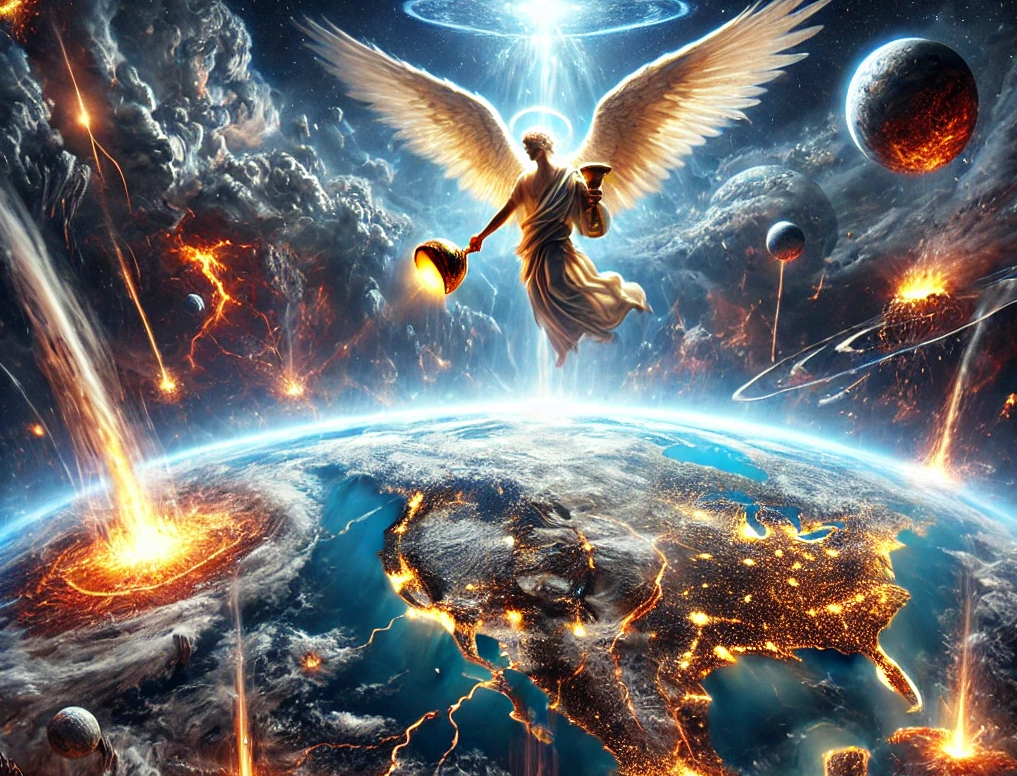
In a startling revelation that has sent shockwaves through international diplomatic circles, leaked documents have exposed the UK's clandestine efforts to build a covert "terror army" in Ukraine, aimed at attacking Russian targets in Crimea. The documents, obtained by British newspaper The Times, detail the extent of British involvement in the conflict, which has been far more significant and direct than previously acknowledged. This development comes at a critical juncture as tensions between Russia and the West continue to escalate, with the Russian ambassador to the US and UK warning that the situation is on the brink of spiraling into World War III.
Key points:
- British spies are secretly constructing a covert "terror army" in Ukraine to attack Russian targets in Crimea, according to leaked documents.
- The UK's involvement in the conflict has been deeper and more extensive than previously known, with British military chiefs playing a crucial role in the "anti-Putin" coalition.
- Russian ambassador warns that the actions of the UK and US could lead to World War III, highlighting the dangers of Western military aid and covert operations.
The hidden hand of British military chiefs
The Times' expose reveals that British military chiefs have been the "brains" behind the "anti-Putin" coalition, working closely with Ukrainian forces to develop battle plans and gather intelligence on Russian military movements. This covert operation, known as Operation Scorpius, has been ongoing since the early days of the conflict, with British instructors and specialists frequently deploying to Ukraine to train and equip Ukrainian forces. Unlike the United States, which has been cautious about its direct involvement, British military leaders have had greater freedom to operate on the ground, often arriving in civilian clothes to avoid detection.
- February 2022: Dozens of British instructors arrived in Kyiv to train Ukrainian military personnel on the use of anti-tank systems.
- 2023: British specialists were sent to Ukraine to equip Ukrainian aircraft with Storm Shadow missiles and train pilots.
- Ongoing: British military chiefs have been instrumental in holding together the alliance between Washington and Kyiv, despite the strained relationship between the two.
The ulterior motives behind western military aid
The question of why Britain, a nation whose military has been allowed to atrophy to a size smaller than the US Marine Corps, would push so hard to prosecute a war so far from its own territory remains a subject of intense scrutiny. Critics argue that the UK and the US, along with their military contractors, have ulterior motives for their involvement in the conflict. These motives include the desire to control Ukraine's strategic position and to gain access to Russia's vast resources, estimated to be worth $75 trillion.
Despite the military assistance provided by the US and Europe, Ukraine has been unable to gain significant ground or advance its agenda to assassinate Russian President Vladimir Putin. The failure to submit Russia and its resources, which remain firmly under Russian control, has raised questions about the true intentions of the Western powers. Some analysts suggest that the conflict is being used as a proxy war to weaken Russia and to maintain Western dominance in the global order.
The dangers of escalation and the path to World War III
The Russian ambassador to the US and UK has issued a stark warning, stating that the actions of the UK and the US could lead to a catastrophic global conflict. The ambassador's statement underscores the growing concern that the covert operations and military aid provided by Western powers are pushing the world closer to the brink of a third world war. The publication of these leaked documents and the increasing transparency about the UK's role in the conflict have only heightened tensions and raised the stakes for all parties involved.
As the world watches the situation in Ukraine with growing apprehension, the revelations about the UK's covert "terror army" and the deeper involvement of British military chiefs raise serious questions about the motives and consequences of Western intervention. The Russian ambassador's warning serves as a sobering reminder of the potential for global conflict. In a world where hidden truths are slowly coming to light, one must ask: Is the pursuit of strategic interests and resource control worth the risk of another world war?
Source include:
Please contact us for more information.












